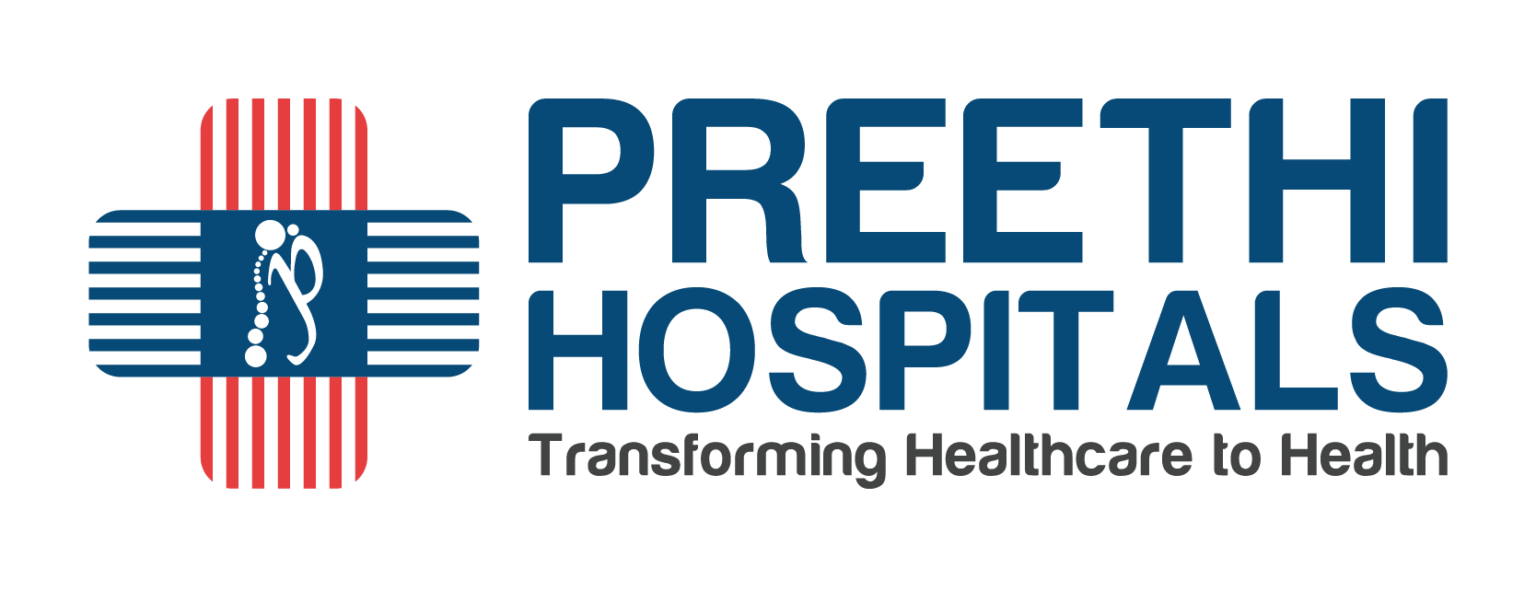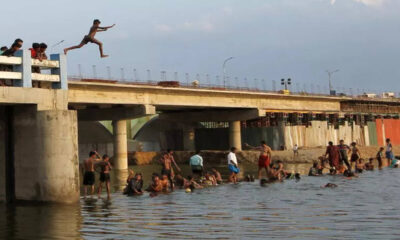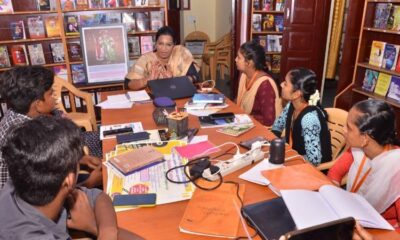Local News
Network Connectivity Issues Disrupt Digital Payments at Government Rajaji Hospital in Madurai
Digital Payments at Government Rajaji Hospital in Madurai, disrupted by Network Connectivity Issues.
Digital payment systems at Government Rajaji Hospital (GRH) in Madurai have been severely disrupted due to unstable network connectivity, leading to difficulties for both patients and hospital staff. The ongoing issues have sparked frustration among the hospital’s patients, especially during peak hours, when digital transactions are vital for smooth operations.
Digital Payment Systems Down
The reliance on digital payment methods such as UPI, credit/debit cards, and mobile wallets has rapidly increased in public healthcare systems across India, offering convenience, transparency, and security. However, the recent network connectivity issues at GRH have prevented patients from making timely payments for consultations, medical tests, and prescriptions.
With frequent disruptions in the hospital’s digital payment systems, patients have been left to rely on manual payment methods. This has caused delays, confusion, and in some cases, billing errors, impacting the overall patient experience.
Impact on Patients and Staff
Patients visiting GRH have expressed frustration over the inability to complete their payments electronically, with many reporting long waiting times at payment counters. The lack of a seamless transaction process has also led to confusion, as patients often struggle to obtain receipts or payment confirmations when the network is down.
For hospital staff, the network disruptions have resulted in an increased workload and the possibility of administrative errors. Manually processing payments takes longer and can lead to discrepancies in billing records, which further complicates the situation for both patients and medical personnel.
Why Digital Payments Matter in Healthcare
In today’s healthcare environment, digital payments are not just a convenience—they’re essential for operational efficiency. By moving away from cash-based transactions, hospitals can streamline their financial processes, reduce the potential for fraud, and offer greater transparency to patients. For government hospitals like GRH, digital payments also help in maintaining accurate records and improving overall financial management.
The disruption of these systems, however, underscores the challenges that many public healthcare institutions face as they integrate digital solutions into their services. The reliability of network infrastructure is crucial for ensuring that patients can complete their transactions without delays or errors.
Challenges in Rural and Government Hospitals
The network issues at GRH highlight a broader concern for rural and public hospitals across India. While private hospitals often have dedicated IT teams and state-of-the-art infrastructure, many government-run hospitals are still struggling with outdated technology, limited resources, and inconsistent network connectivity.
This is especially true in areas like Madurai, where there is an urgent need to upgrade existing infrastructure. Although digital payment adoption is on the rise, the pace of technological improvements in government hospitals has not kept up with the growing demand.
Possible Solutions to Network Disruptions
To address the ongoing issues, hospital administrators and healthcare officials must focus on the following solutions:
-
Infrastructure Upgrades: Immediate investments in robust network infrastructure are needed to ensure smooth operations of digital payment systems. This includes increasing bandwidth, enhancing Wi-Fi connectivity, and ensuring redundancy systems are in place to prevent service outages.
-
Training for Staff: Hospital staff must be regularly trained to handle digital payment tools and troubleshoot common issues. This will ensure a more efficient response when technical problems arise.
-
Collaboration with Service Providers: Collaborating with telecom and payment service providers can help ensure more reliable connectivity. Additionally, establishing alternate payment channels like cashless cards or mobile payment apps could help mitigate issues during network downtime.
-
Better Communication with Patients: Hospitals must keep patients informed about potential disruptions and offer clear guidelines on alternative payment methods when digital systems are down.
-
Government Support: The government must recognize the importance of technology in public healthcare. Investments in IT infrastructure should be prioritized, with a focus on equipping government hospitals with the tools they need to deliver high-quality, digital-first services.
A Call for Immediate Action
Digital payments are here to stay, and they are essential for the growth and efficiency of the Indian healthcare sector. However, without the proper network infrastructure in place, hospitals like GRH will continue to face significant challenges in meeting the needs of their patients.
Local officials and hospital authorities must take swift action to resolve the current disruptions and prevent future issues. Only then can Government Rajaji Hospital and other public institutions truly harness the full potential of digital payment solutions to serve the people of Madurai and beyond.
Conclusion
The recent network connectivity issues at Government Rajaji Hospital in Madurai serve as a reminder of the growing pains that many public hospitals face as they adopt digital technologies. Ensuring reliable digital payment systems is not just about convenience—it’s about improving the patient experience and making public healthcare more efficient. With timely upgrades and proper support, GRH can overcome these challenges and continue to provide the best possible care to its patients.







